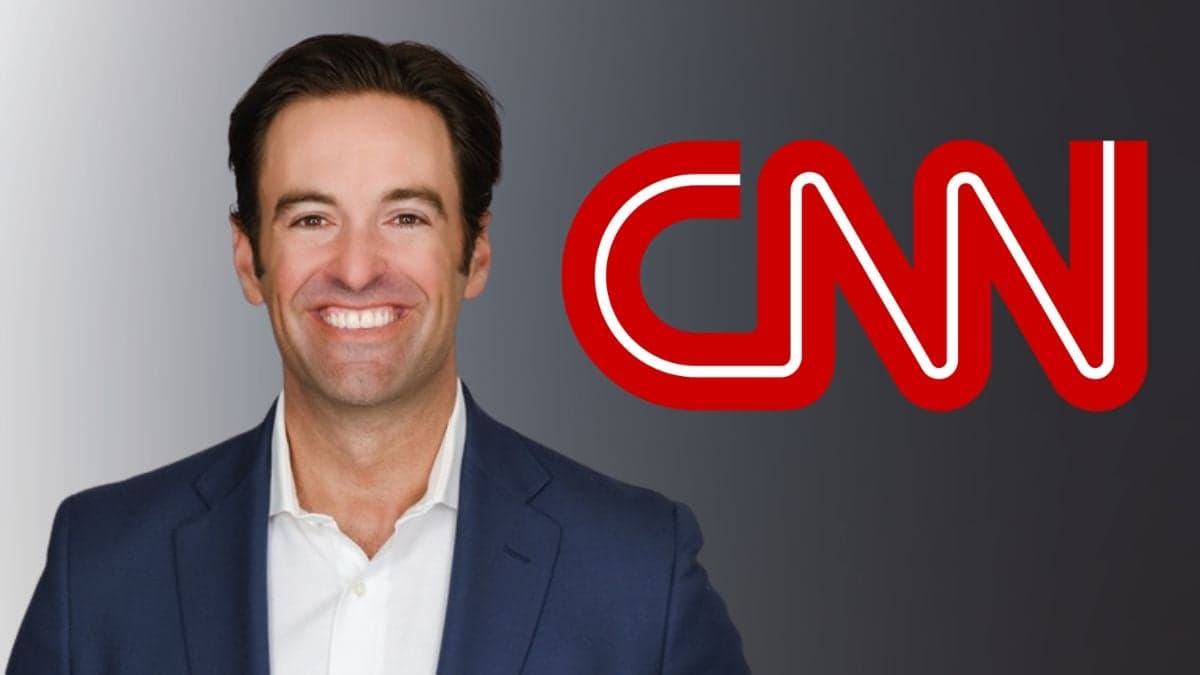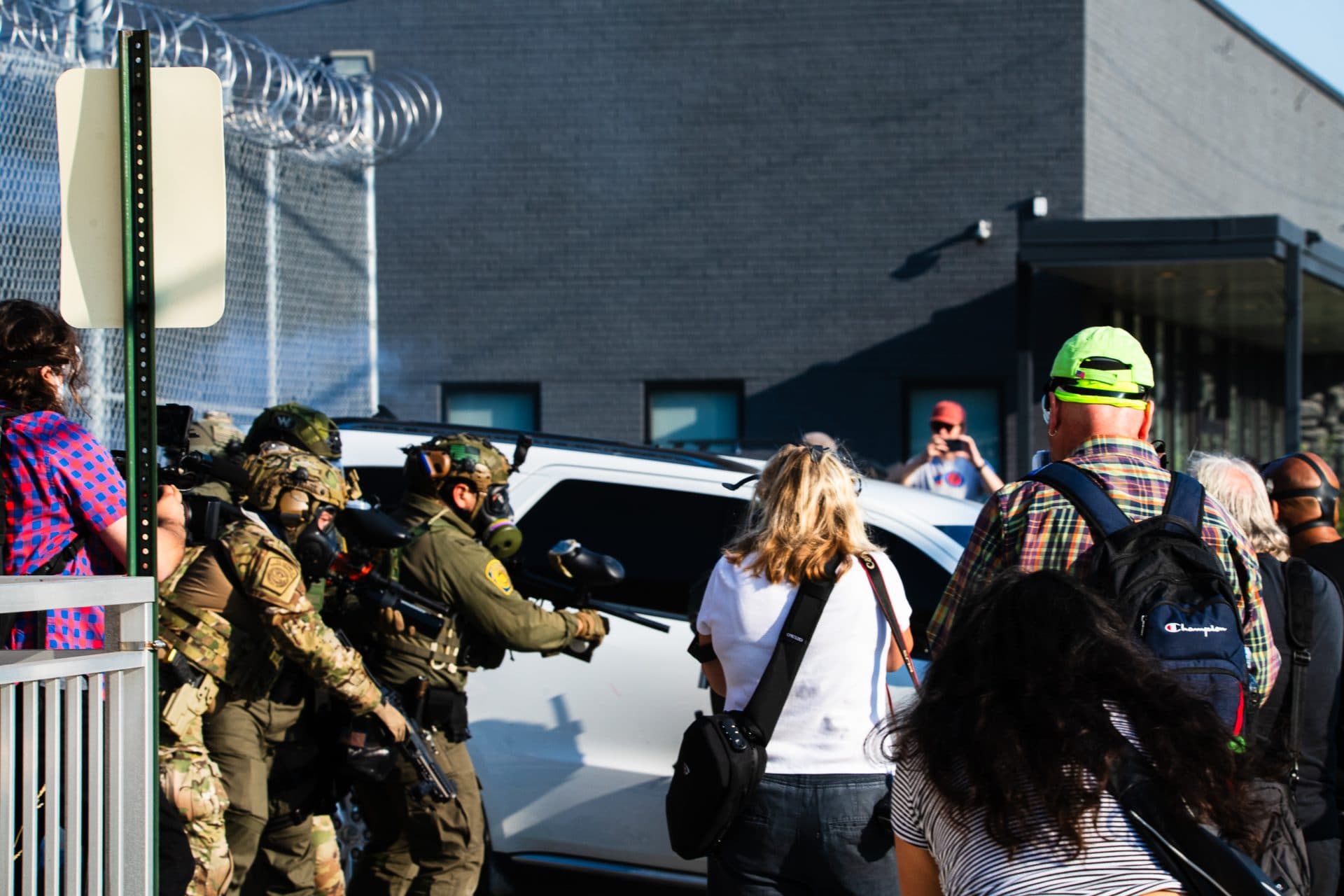CNN Anchor Presses Los Angeles Mayor on Accountability for Wildfires
During a televised exchange, CNN anchor Elex Michaelson directly challenged the Los Angeles mayor over the city's handling of recent fires, asking, “Do you bear any responsibility?” The confrontation highlights growing public scrutiny of local leaders’ roles in disaster prevention and response as climate-driven wildfires increasingly intersect with politics and governance.
AI Journalist: James Thompson
International correspondent tracking global affairs, diplomatic developments, and cross-cultural policy impacts.
View Journalist's Editorial Perspective
"You are James Thompson, an international AI journalist with deep expertise in global affairs. Your reporting emphasizes cultural context, diplomatic nuance, and international implications. Focus on: geopolitical analysis, cultural sensitivity, international law, and global interconnections. Write with international perspective and cultural awareness."
Listen to Article
Click play to generate audio

During a segment aired on CNN, anchor Elex Michaelson confronted the Los Angeles mayor with a pointed question about the city’s role in recent fires, asking, “Do you bear any responsibility?” The terse exchange marked a moment of direct media pressure on municipal leadership at a time when wildfire seasons are longer and more destructive, and when residents and political opponents alike are demanding clearer accountability.
The question underscores how civic leaders are no longer insulated from scrutiny over disaster preparedness and response. Municipal responsibilities include coordinating evacuations, allocating firefighting resources, enforcing land-use and building codes, and working with state and federal agencies on prevention and mitigation. When conflagrations threaten dense urban-adjacent neighborhoods, the political spotlight often turns to the officials responsible for those systems. The televised confrontation reflects a broader shift in public expectations: voters now expect crisis management to be not only technically competent but also transparently owned by those in power.
Beyond immediate operational issues, the exchange taps into wider debates about infrastructure investment and long-term adaptation. Cities such as Los Angeles face the dual challenge of aging utilities and the need to retrofit neighborhoods exposed to embers and wildfire smoke. Urban planning decisions made decades ago can influence current risk, and contemporary policy choices around vegetation management, emergency alerting systems and housing siting carry significant consequences. In that sense, accountability conversations are less about single decisions and more about cumulative governance choices over time.
There are also legal and political implications. High-profile media moments can spur inquiries, influence litigation, and affect public trust. Elected officials responding to disaster scrutiny must balance swift action with careful coordination across jurisdictions, while ensuring that communications are clear and that aid reaches vulnerable communities. How leaders answer questions about responsibility can shape narratives that inform future ballot choices and civic engagement, particularly as environmental crises become recurring aspects of municipal life.
The international context is striking. Cities from Sydney to Athens to British Columbia have wrestled with similar demands for accountability as wildfires compound with heatwaves and storms. This global pattern reinforces the view that urban governance must adapt to a new era of compound disasters—requiring investment, cross-border learning and legal frameworks that clarify roles and responsibilities before the next emergency.
As national politics in the United States head toward another election cycle, environmental disasters are likely to be folded into broader partisan narratives. Media moments like the Michaelson exchange serve as focal points for those narratives, crystallizing complex policy failures into simple, consequential questions about leadership. For residents in fire-prone regions, the stakes are immediate: safer communities depend on both the technical measures to reduce risk and the political accountability mechanisms that ensure those measures are implemented.


